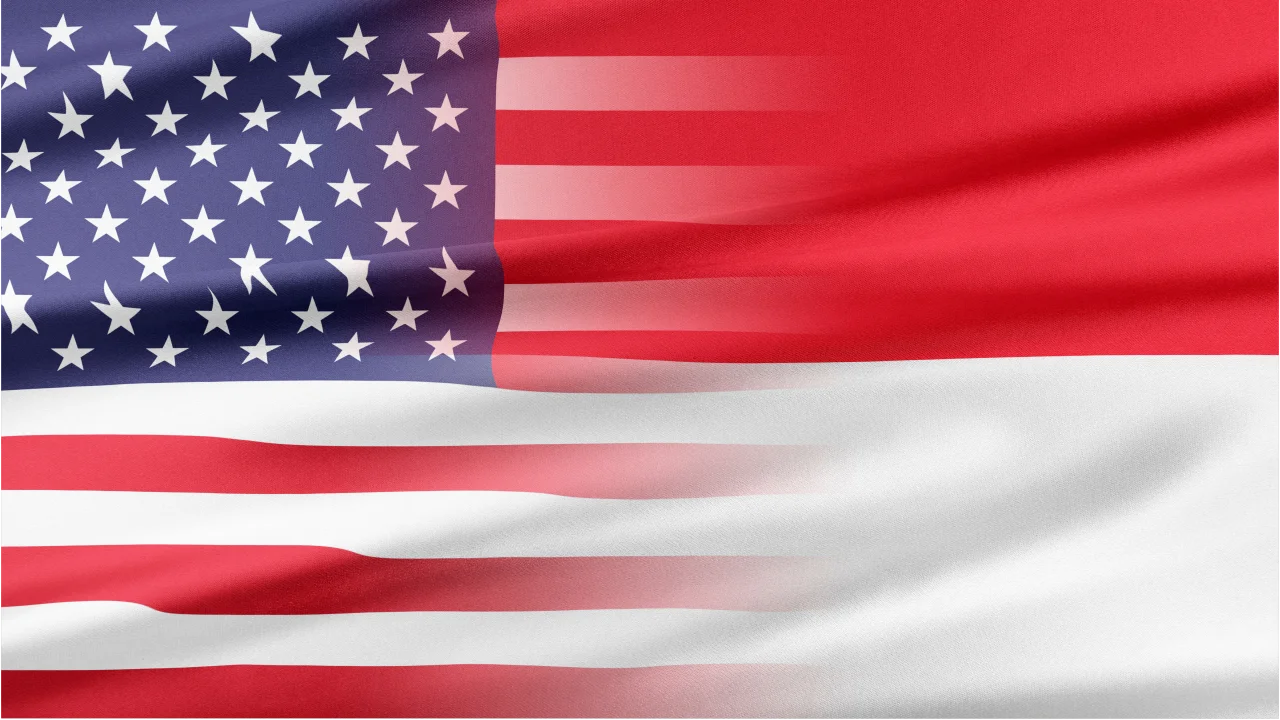Trump celebrates historic Indonesia trade deal as boost for U.S. jobs and exports

A New Era of Trade Between the United States and Indonesia
The United States and Indonesia have reached a significant trade agreement that promises to reshape their economic relationship. This landmark deal involves the removal of tariffs on more than 99% of U.S. goods, as well as the elimination of all non-tariff barriers for American companies operating in Indonesia. In return, the U.S. will reduce its proposed tariffs on Indonesian imports from 32% to 19%. The agreement is part of a broader framework known as the "Agreement on Reciprocal Trade," which aims to enhance market access for both nations.
President Donald Trump has praised the deal as a major win for American industries, stating it benefits automakers, tech companies, workers, farmers, ranchers, and manufacturers. He highlighted the agreement on social media, calling it a "huge win" and emphasizing its positive impact on American jobs and exports.
A joint statement from the White House outlines the key components of the agreement. It mentions that negotiators will finalize the full terms of the deal in the coming weeks. The statement emphasizes that the agreement will provide both countries' exporters with unprecedented access to each other's markets. Additionally, the U.S. and Indonesia will prepare the agreement for signature and complete domestic procedures required for it to take effect.
This framework aligns with the terms outlined by President Trump last week, following a conversation with Indonesian President Prabowo Subianto. The deal includes a range of commercial agreements and policy changes that are expected to boost trade between the two nations.
Key Components of the Agreement
The agreement features several notable elements, including $18 billion in commercial deals. These include a $3.2 billion aircraft purchase and approximately $15 billion in energy product deals. The agreement also addresses various non-tariff barriers that have hindered American companies' access to the Indonesian market.
According to the Commerce Department, Indonesia is among the top 25 U.S. trading partners, with over $38 billion in goods exchanged in 2024. However, the U.S. trade deficit with Indonesia stood at $17.9 billion last year. U.S. Trade Representative Jamieson Greer noted that the agreement demonstrates America's ability to protect domestic production while securing expanded market access with its trading partners.
The deal is one of the few completed by the Trump administration before the August 1 deadline for planned tariff hikes. The new U.S. tariff rate for Indonesia—Southeast Asia’s largest economy—now matches the 19% rate set for the Philippines, while Vietnam faces a 20% rate.
Major Policy Shifts and Benefits
Indonesia has agreed to drop plans to levy tariffs on internet data flows as part of the deal. It also supports the renewal of the World Trade Organization’s moratorium on e-commerce duties. The country will remove pre-shipment inspections and verifications that previously hindered U.S. agricultural exports, potentially restoring a surplus in American farm goods.
For the U.S. auto industry, Indonesia has agreed to accept U.S. Federal Motor Vehicle Safety Standards for vehicles exported to its market of 280 million people. Additionally, Indonesia will lift export restrictions on industrial commodities, including critical minerals, and eliminate local content requirements for products containing those materials when shipped to the U.S.
The agreement also commits Indonesia to removing import restrictions and licensing requirements on U.S. remanufactured goods and parts. It has further agreed to join the Global Forum on Steel Excess Capacity and take action to address global oversupply in the steel sector.
Future Steps and Implications
Both countries plan to negotiate rules of origin to ensure that the deal’s benefits are limited to U.S. and Indonesian producers, rather than extending to third-party nations. The U.S. could also identify certain commodities not naturally available or produced domestically for further tariff reductions.
As the agreement moves forward, it represents a significant step toward strengthening economic ties between the United States and Indonesia. The deal is expected to create new opportunities for businesses in both countries and contribute to broader economic growth.
Post a Comment for "Trump celebrates historic Indonesia trade deal as boost for U.S. jobs and exports"
Post a Comment